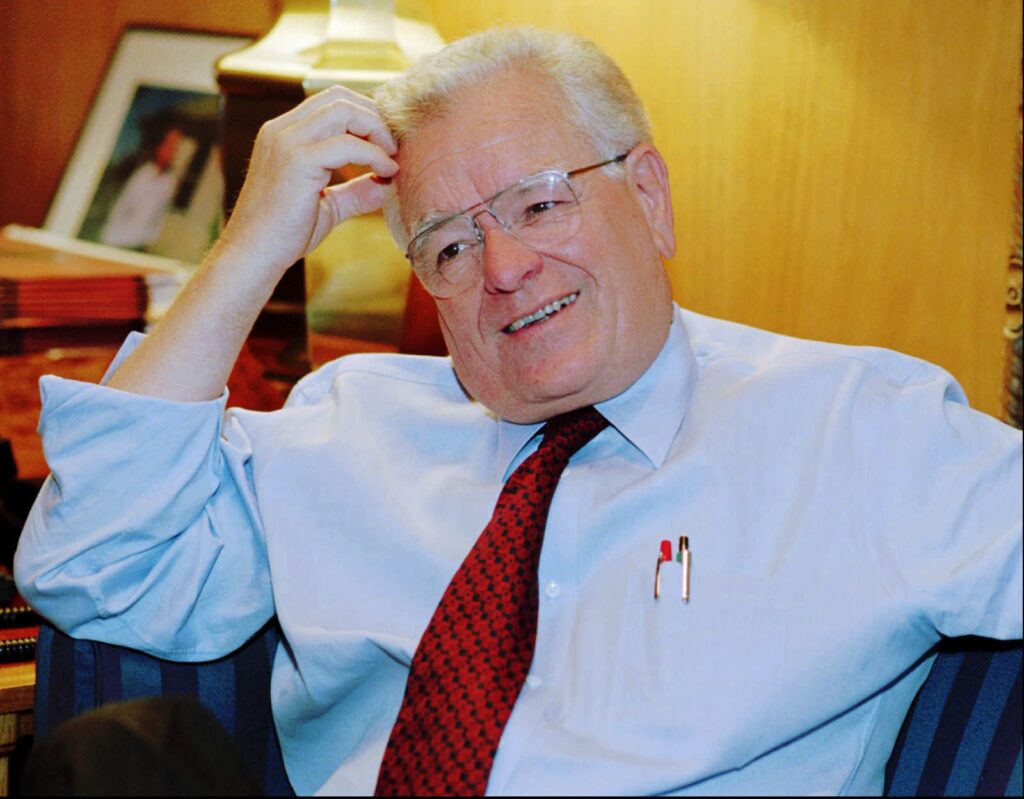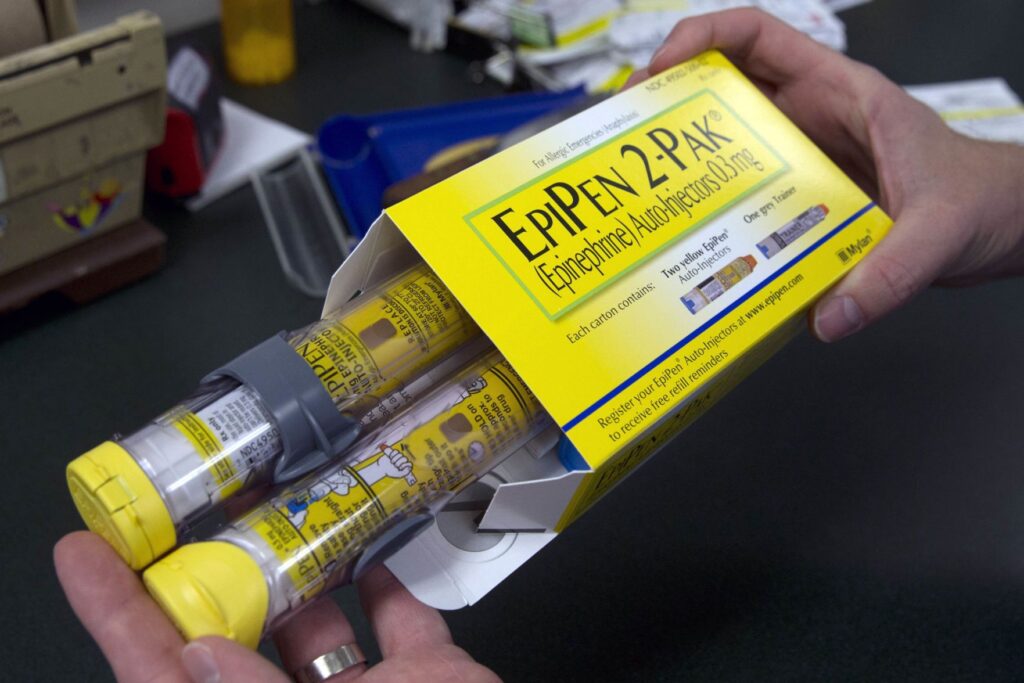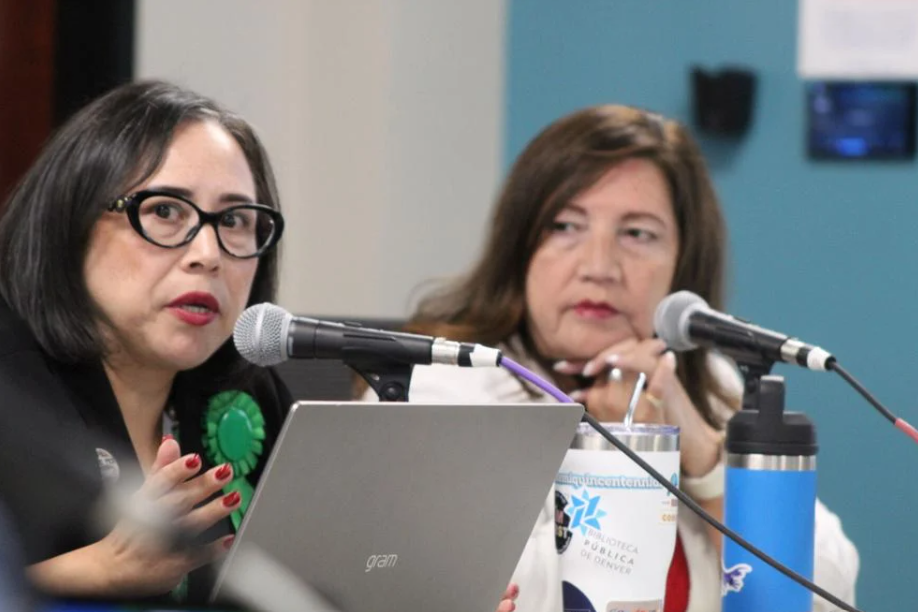Enforcement of health care worker vaccination mandate begins, but 20% of long-term care workers remain unvaccinated
One in five long-term care workers in Colorado remained unvaccinated as of last week, far short of what is mandated under a Board of Health order requiring 100% vaccination rates for state health care workers by Sept. 30.
Under the urging of Gov. Jared Polis, the board met in August and voted to require that a broad swath of health care workers in the state be vaccinated before Oct. 1. The move was supported by prominent health care organizations, but it drew concerns from some — particularly in the long-term care industry — that such a mandate would further exacerbate workforce shortages.
The health board has placed the onus for enforcement and implementation on employers and facilities. Those entities, not the employees, face consequences from the state should their workforce not comply.
Scott Bookman, the state’s COVID-19 incidence commander, told reporters that facilities must begin reporting their vaccination levels Friday, and new data must be reported twice a month.
But it will “take some time,” he said, for the state to gather the data and release it to the public. The chain of enforcement means the state has not dictated how non-compliant employees should be dealt with; instead, they’ve told facilities that they each face consequences if they don’t meet the order’s requirements. That could, officials have said, include revoking a facility’s license.
The order is among the most sweeping vaccine mandates in the state in scope and scale, surpassing even Denver’s broad public worker requirement. It applies to health care workers in hospitals and long-term care facilities; more than 3,800 facilities are affected statewide.
Doug Farmer, the president of the Colorado Health Care Association, which represents nursing homes, said long-term care facilities had bumped up their vaccination rates by 8% in September, from 72% to 80%. But that still leaves roughly 7,500 staff members, who work with the people most vulnerable to die from the virus, who are unvaccinated. Those numbers are as of last week, Farmer said, and “hopefully” have improved since.
The state plans to work with facilities and put them on a plan to get to universal vaccination, Farmer said, but the “rubber hits the road” at the end of October: If regulations don’t change and facilities don’t improve their rates by then, he said, facilities may have to begin terminating swaths of their workforce, exacerbating an already tenuous staffing situation.
There have yet to be mass departures among resistant employees, he said; such resignations have been confined to a few staffers in a few facilities. If there are large-scale terminations, some facilities may have to discharge residents and patients to keep in line with state and federal regulations.
Workforce concerns have long been prominent for long-term care officials. But Farmer supported the mandate in August because it was universal: If only long-term care facilities had been required to vaccinate, then resistant employees could simply switch industries within health care. With the sweeping scale of the health board’s requirement, that option is largely neutralized.
Now, Farmer said, employees will have to decide if they want to keep working in health care at all. He said he hoped the state will soften its regulations somewhat and allow something below 100% compliance, with other conditions – like testing and protective equipment usage for unvaccinated employees – included.
With the exception of long-term care staffers, uptake among health care workers has generally been high. Major hospital systems have long reported rates well above the general population. Long-term care workers have been further behind, but those rates also now top 70% statewide, the state has previously said.
Prior to the health board’s decision, several major hospital systems had already announced that they would require employees be vaccinated or, if they didn’t receive an exemption, face termination. UCHealth, home to more than 26,000 employees, announced such a mandate early; its deadline was also Friday.
System spokesman Dan Weaver said in an email that nearly 99% of employees have been vaccinated. That’s had the added benefit of improving UCHealth’s staffing levels: With more employees vaccinated, fewer are contracting COVID-19 and entering isolation and quarantine.
“Certainly we’d like to see 100% compliance, but the 99% compliance where we are now shows that our employees understand the importance of vaccination and want to protect each other and our patients,” Weaver wrote. ” … Today, our vaccination policy compliance rates are very similar throughout UCHealth. Physicians and leaders are approaching 100%, and our staff members’ compliance rate will likely end up at or over 99%.”
Colorado Politics Must-Reads:












